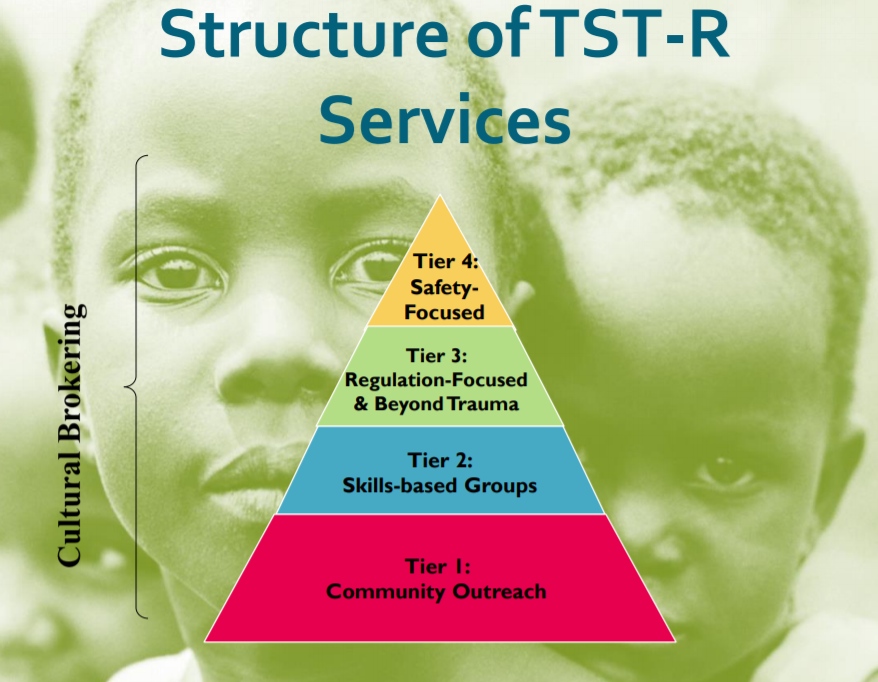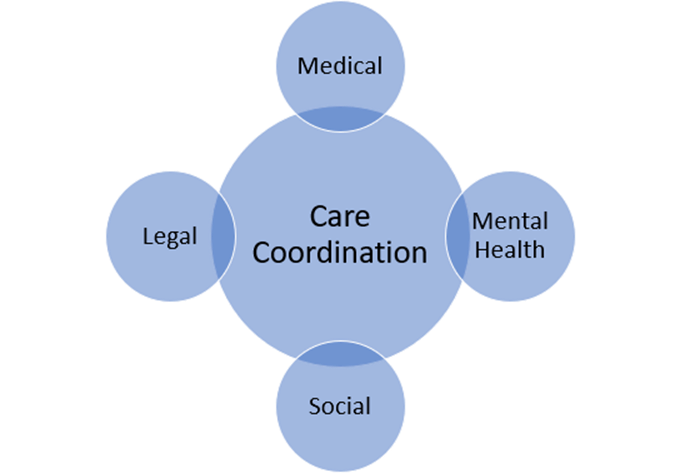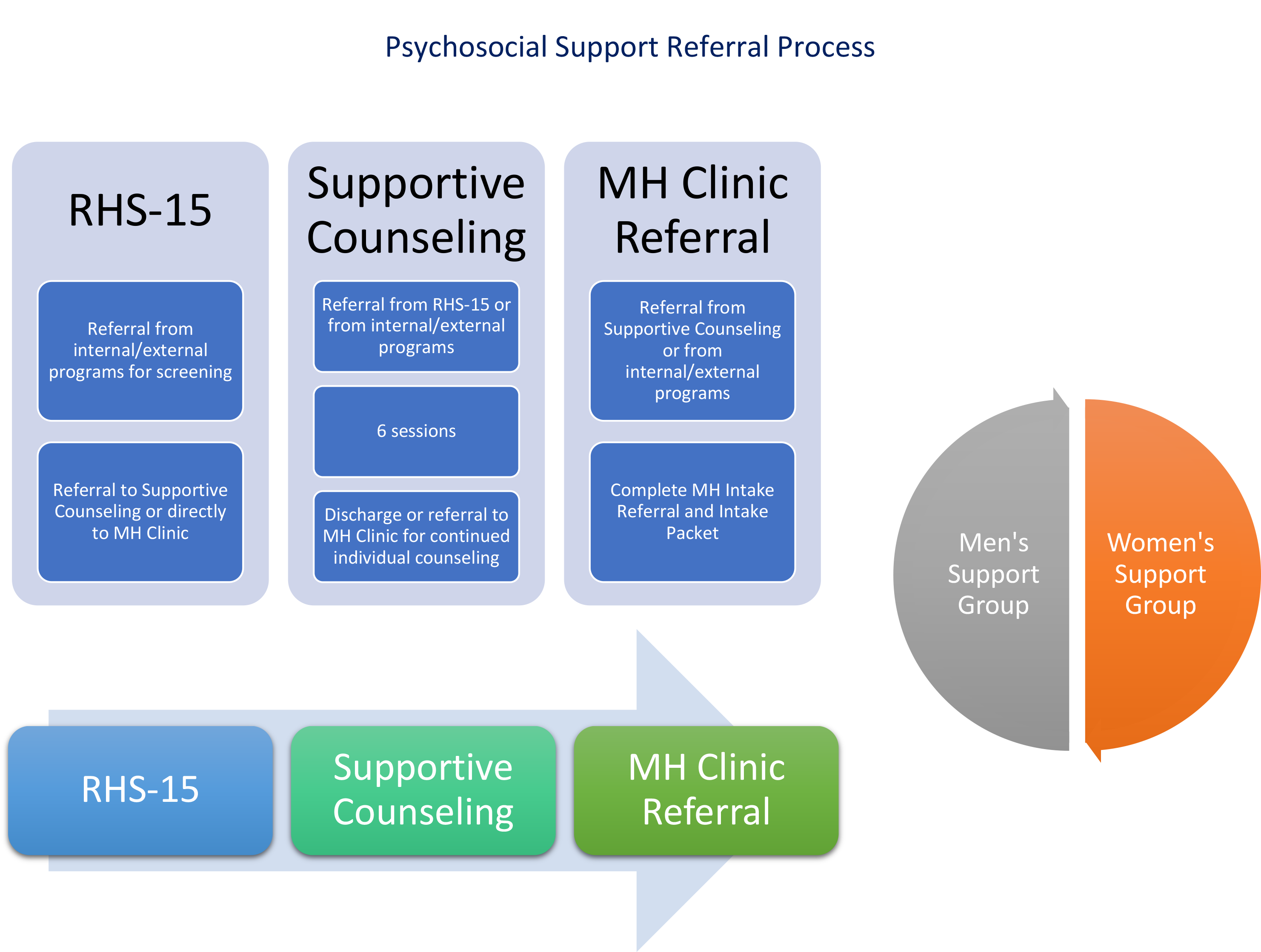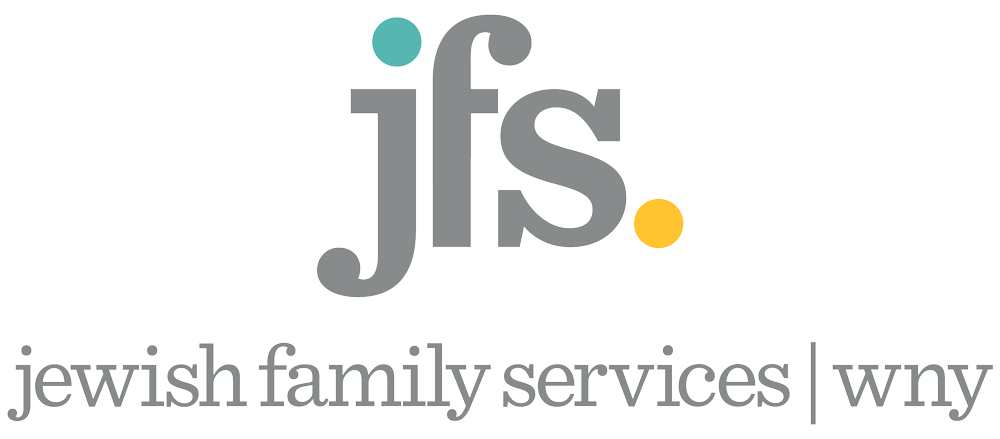Refugee & Immigrant Center for Healing
The Refugee & Immigrant Center for Healing (RICH) is a multidisciplinary center focused on healing, recovery, empowerment, and re-establishing a sense of wellbeing for refugee and immigrant communities. Each program is focused on the impact of the core stressors of resettlement including resettlement stress, acculturation, isolation, and trauma. Services are trauma-informed and culturally sensitive. They embed aspects of language and culture into discussions and provision of mental health support.
There is focus on outreach and education, building strong partnerships, and establishing trust with the communities served. Services are guided by the communities to ensure that services are reflective of the needs of each community. Programs are grant-funded and free to all refugee and immigrant communities regardless of status. Programs are detailed below.
Trauma Systems Therapy for Refugee Youth

Trauma Systems Therapy for Refugee Youth (TSTR) provides mental health and case management support to youth ages 5-21 and their families. The program is a four-tiered approach that includes outreach and education, skills-based groups, individual counseling, and in-home family counseling.
Groups and individual counseling are embedded in the school system and community organizations and focus on a child’s state of dysregulation and the social environment that contribute to ongoing symptoms of past and present trauma. Family-focused counseling helps caregivers identify how to best help the youth in their care and establish a system of support.
In collaboration with licensed clinicians, cultural brokers are an essential part of the team. They function as a bridge between cultures and disparate understanding of mental health, support caregivers and youth in understanding the work of service providers, provide background knowledge to enhance a provider’s understanding of needs, and work with clinicians to development treatment plans that are culturally responsive.
TSTR addresses multiple barriers to care including:
- Innovative mental health service delivery
- Community engagement
- Stigma reduction
- Engagement of schools and social services systems to ensure full access to all support services leading to improved mental, financial, and physical health for the family unit
Care Specialization Program
The Care Specialization Program (CSP) program serves asylum seekers and other survivors of torture and trauma through intensive care specialization that primarily aids individuals and families seeking asylum as they resettle and work through the complex physical, social, and psychological effects of torture and trauma.
 Services may also be provided to those with refugee, asylee, or other immigrant status. Services are holistic and comprehensive and focused on four core areas that include:
Services may also be provided to those with refugee, asylee, or other immigrant status. Services are holistic and comprehensive and focused on four core areas that include:
- Mental health services
- Legal services
- Medical services
- Social services
Emphasis is placed on the impacts of the asylum process and other legal processes on mental health and wellbeing. The program collaborates with community partners and engages social service systems to ensure that clients have access to a range of culturally and linguistically appropriate services that are comprehensive, equitable, and sustainable. CSP promotes healing, empowerment, and establishment of independence and self-sufficiency.
Psychosocial Support Services
Psychosocial Support Services (PSS) is a low-barrier, flexible model of care and mental health response for refugees and immigrants that is driven by cultural and linguistics aspects of each community. Responses and services are guided by the communities themselves. Mental health response is gentle and introductory for communities and individuals that have experienced stigma and other barriers to addressing mental health concerns. There are five core components of the program including:
- Mental Health Screenings
- Cultural Orientation focused on Emotional Wellbeing
- Mental Health First Aid
- Brief Supportive Counseling
- Support Groups
Services provide early interventions aimed at addressing challenges before they become a crisis or rise to the level of needing more intensive mental health care. Interventions are appropriate for youth, adults, and families. All support specialists are mental health professionals and are trained in Trauma-Focused Cognitive Behavioral Therapy. Support specialists also provide psychoeducation to newly arrived refugees and immigrants as well as service providers as a means of bridging the gap between arrivals, mental health services, and service providers.

